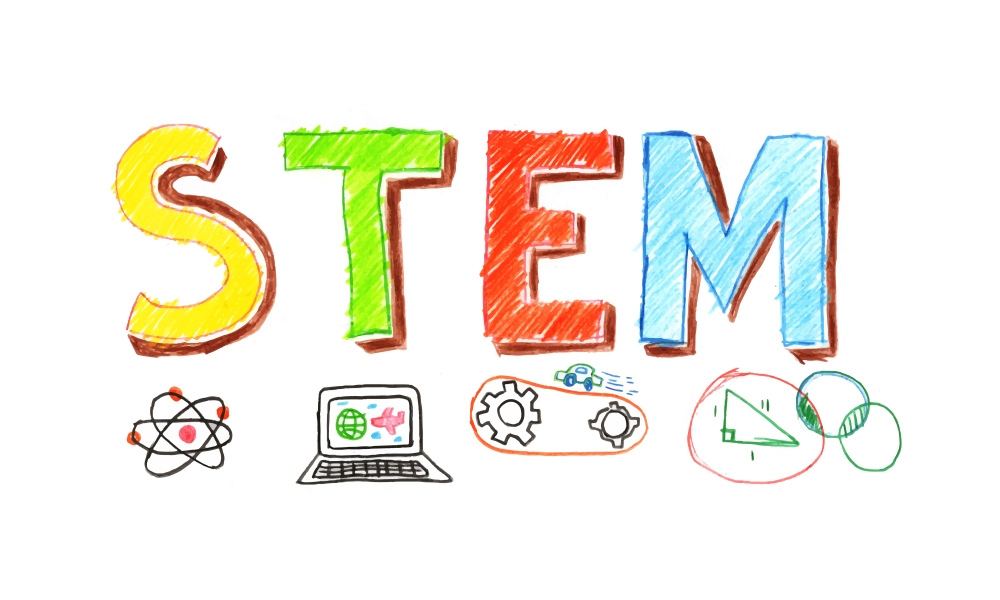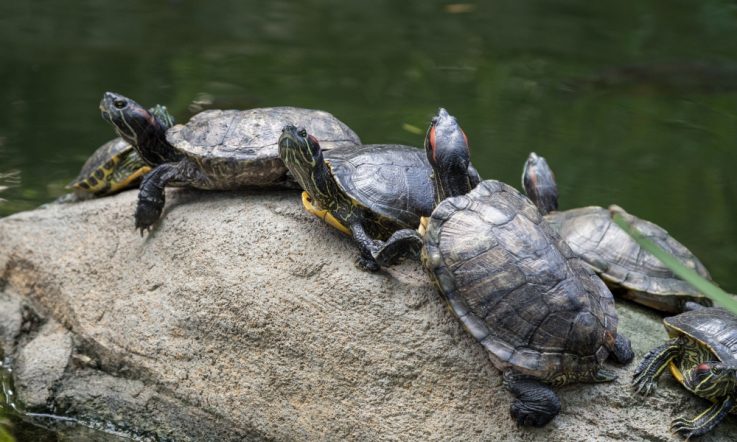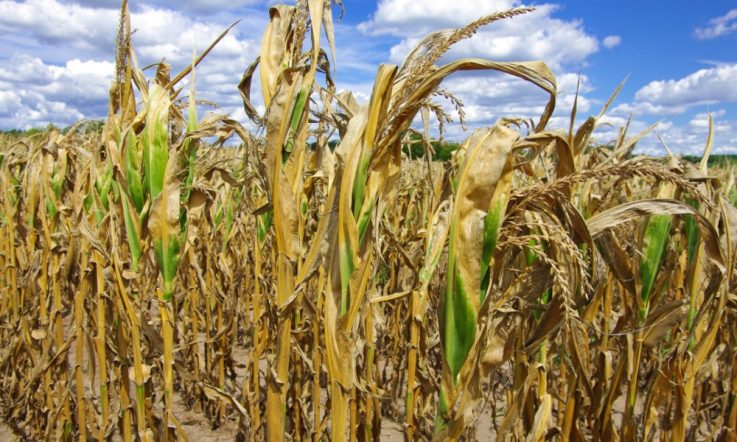This month, we've been finding out how Parklands Christian College introduced a STEM Studies elective for Year 10s. In two previous articles, Lead Teacher of Mathematics and Science Kristie Schulz explained how the journey began and shared details of the course design and implementation. In this final instalment, she talks about student assessment, reflects on some of the highlights and challenges, and looks ahead to plans for 2018.
In STEM Studies at Parklands, we purposefully did not provide traditional assessment opportunities for students. There were no formal, summative assessment items in which students presented work to a teacher, who graded it according to a set of pre-determined standards.
Our assessment approach was supported by the school and done for two main reasons: to encourage pure creative and critical thinking without the pressure to present just what the teacher wants to hear, and to reflect real-life employment situations.
At set times throughout each term, students would give ‘student conferences', in which they presented their ideas or prototypes to the rest of the class, including the two teachers. Both teachers and class members were encouraged to give feedback to the presenting student, by way of verbal questioning and filling out a feedback form.
Critically, explicit teaching was given before the first set of conferences on how to give constructive feedback, to ensure that fair and actionable comments were given. The conferences took place twice per term, ensuring students received ongoing feedback throughout the project.
The highlights and challenges
Happily, at this stage (12 months down the line), I am able to report far more highlights than challenges. Highlights for the year include mostly small learning moments, where the lightbulb goes on or a student is able to excitedly present their findings.
We have made many professional connections, both with industries that the students may want to enter, as well as with other schools. The importance of an educational support network to bounce ideas off has been incredibly valuable, and we're looking forward to seeing that grow into the future – PCC's 2018 STEM Conference date has just been set for 4 May (look out for your invitation if you're in our area).
The fluidity of our learning environment, allowing students to evolve their thinking of the problem, has also been invaluable, and would not have happened without the visionary leadership and support of our school.
The challenges we've faced have all come from within the learning experience itself. There comes a point in every students' project when they utter the dreaded words ‘I don't know what to do'. In many cases, we noticed that students were depending on us as their teachers to give them the answers to their problems, or get them out of the challenge they have found themselves in. We believed that it was absolutely imperative for the process that we, as teachers, did not give them the answers. We preferred to see ourselves as sounding boards – someone to bounce ideas off, without giving students the answers.
If I'm perfectly honest, I found these moments the hardest, often when I could see a way forward or disagreed with the direction students wanted to take. In our experience the best way to manage these situations was by asking questions of the student and allowing them to proceed to see what happens. There were even times we allowed them to move forward with an idea that we thought seemed unreasonable or unattainable.
Future plans for STEM Studies at PCC
This year is looking positive for STEM Studies at PCC, with a rapid growth in student enrolments. We have two streams of classes per grade. In 2017, seven students enrolled for the Year 10 elective – that has increased to 26 for 2018. This year we're also offering the subject to our Year 9s (19 students are enrolled).
We will continue to track the progress of our students to develop working theories about the hypothesised increase in 21st Century skills and critical thinking skills, and we're working towards a long-term action research project. Whilst we are not looking to become data-reliant, our plan is to track the subjects they select for senior years and how well they perform in specific task types (for example Extended Experimental Investigations) compared to their peers in key Science, Maths and Design subjects, by way of interviews.
To revisit the my sentiments of ACER's 2016 Research Conference, it's been an eye-opening 12 months as to the possibilities of what STEM learning can look like in a variety of contexts. The way we have implemented it at PCC has suited us, but we are very aware that this approach will not suit every school. We would strongly encourage others to both try something and share their experience, to collectively create a working body of knowledge around implementation advice.
We'd love to further our connections within the STEM community, networking with other schools or community partners. If you're interested in joining us on our journey, contact Kristie Schulz on kschulz@parklands.qld.edu.au
Do you have a school-wide plan in place to get more young people engaged in STEM subjects?
Kristie Schulz says educators implemented a STEM curriculum plan to suit PCC, but it will not suit every school. Do you adapt approaches being used elsewhere to ensure they are relevant to your school context, staff and student needs?
How do you share your experiences, knowledge and advice with colleagues? What about other schools?



